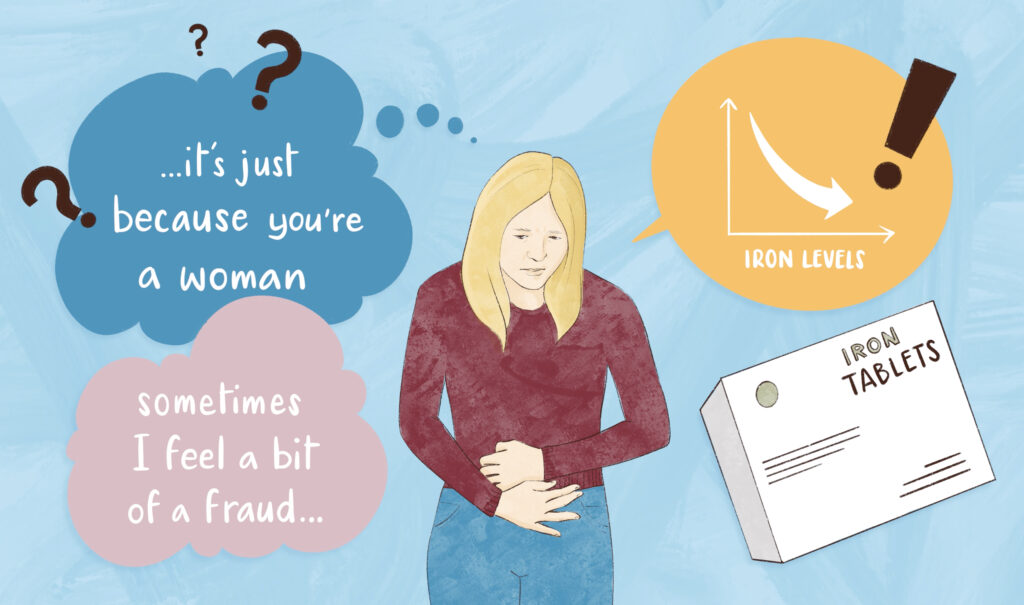How well do you support the B team?
One of the key points to support this claim comes down to gene mutations. It is known that the type of mutation contributes to the severity of haemophilia: null mutations are prevalent in severe haemophilia A (around 80%), whereas missense mutations are prevalent in severe haemophilia B (approximately 60%). A link between non-null mutations and a milder clinical phenotype in severe haemophilia has been shown.
Recently our understanding of haemophilia B and FIX has developed, which has contributed to more thought around how to best manage these patients. With the first generation of EHL products we have seen significantly more promising results in the haemophilia B population, compared to the haemophilia A population, where FVIII EHLs have somewhat fallen short of expectations. Perhaps the biggest learning over the past 10+ years is the importance of individualised treatment for haemophilia patients, irrespective of which clinical “box” they may fall into.
As we enter a time of great change in haemophilia care, it will be important to ensure that the same standard of care is offered to both haemophilia A and B patients. So Haemnet, with the support of Sobi, is launching a project to look at how haemophilia B patients are managed. We are asking haemophilia nurses across the UK to complete a short survey, the results of which will be used to develop nurse and patient educational resources.
The survey should only take you around 5-10 minutes to complete. Your responses will be kept anonymous too. We’d really like you to get involved, share this project with your nursing colleagues and help us to gain a better insight in to the management of the haemophilia B patients (aka the special ones) across the UK.
Luke Pembroke (who may be biased in favour of the B team)



